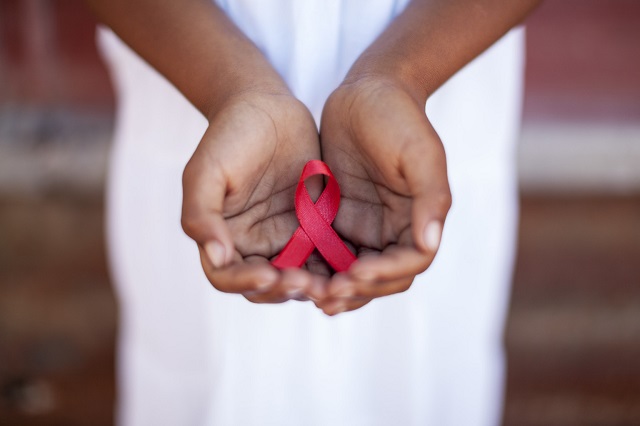
Kampala, Uganda | THE INDEPENDENT | Countries have been urged to remain steadfast in their HIV prevention efforts and ensure that people can continue to access the services they need even in the light of the COVID-19 pandemic.
The call was made by the Joint United Nations Programme on HIV/AIDS -UNAIDS amid fears that hard-won gains in the fight against HIV are in danger of being reversed by the COVID-19 pandemic sweeping around the world.
UNAIDS Executive Director Winnie Byanyima says that although COVID-19 is impacting almost every country and community, the global HIV epidemic hasn’t gone away and people need to be encouraged to remain free from HIV and to be able to enjoy their sexual and reproductive health and rights.
“People are still having sex. People are still using drugs. During the COVID-19 pandemic, everyone must be given the tools they need to be safe and to protect themselves from HIV. Human rights are a cornerstone of HIV prevention and must be a cornerstone of the COVID-19 response,” Byanyima said.
But she fears that overstretched health systems, lockdowns, loss of livelihoods and employment opportunities could increase unprotected sex, sexual violence and exploitation, transactional sex and sex work, leading to an increase in new HIV infections.
UNAIDS is equally concerned that the COVID-19 epidemic may increase the vulnerability of people to HIV, while the widespread loss of livelihoods and fewer employment opportunities could mean that transactional sex, sex work and sexual exploitation will increase, putting people at increased risk of contracting HIV unless they have the means to protect themselves.
The agency has also published three new documents with information on how to maintain and prioritize HIV prevention services in the context of COVID-19. The documents look at the critical measures needed to keep the most vulnerable alive and healthy, including the measures required to prevent and address violence against women and children, to keep the supply of critical commodities available and to sustain the livelihoods of the world’s poorest.
The documents explain that access to male and female condoms, lubricants, sterile needles and syringes and opiate substitution therapy for people who inject drugs, pre-exposure prophylaxis and post-exposure prophylaxis and treatment as prevention are just as valid now as ever.
The agency observes a need for innovative ways of getting HIV prevention commodities to the people who need them since social distancing and lockdowns have all but stopped face-to-face service delivery. According to Byanyima, countries should dispense longer-term quantities of prevention supplies, allow distribution centres to remain open during lockdowns and protect community distribution points.
She adds that HIV counselling and testing services, the screening and treatment of sexually transmitted infections, continuity of access to sexual and reproductive health services, peer and other community outreach services, psychosocial support services, drop-in centres for key and vulnerable populations, comprehensive sexuality education and sexual violence protection are all vital to preserving HIV prevention response.
“UNAIDS is urging the introduction of innovative means through which people can access services. Physical meetings can be made safer by using appointment systems that do not allow too many people in a facility at the same time, while holding meetings and education sessions virtually and the use of telephone hotlines and SMS services all have a role to play to both keep people safe from the new coronavirus and to allow them to continue getting the help they need to stay free from HIV.”
******
URN
 The Independent Uganda: You get the Truth we Pay the Price
The Independent Uganda: You get the Truth we Pay the Price


